News
YEAR OF NEWS :

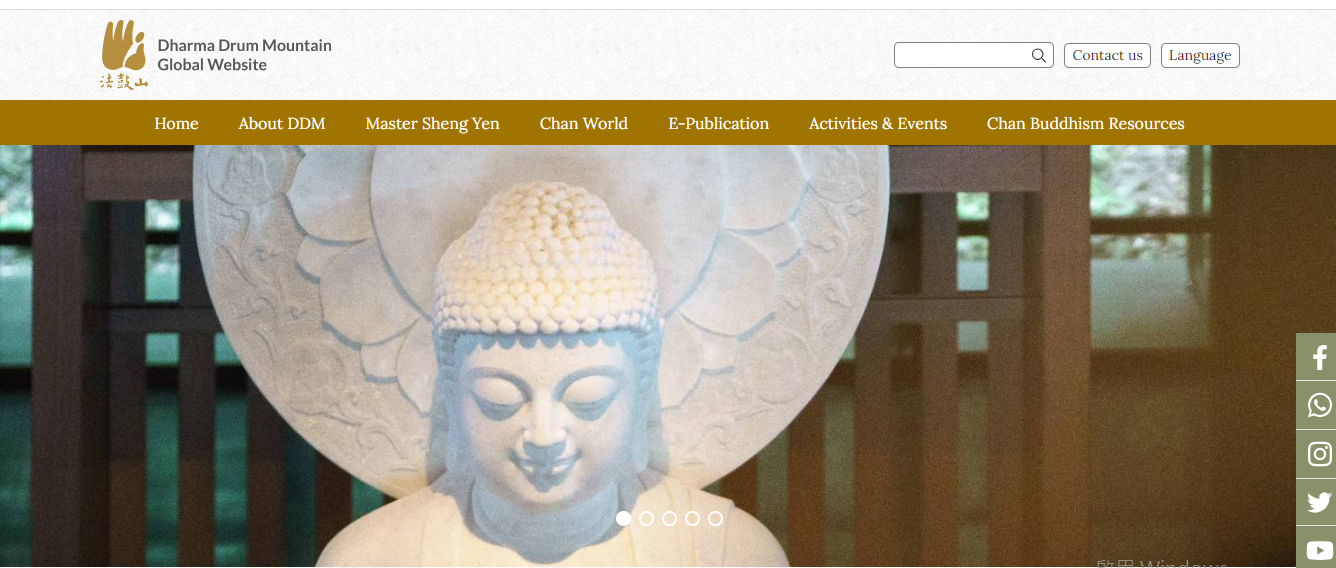
Saturday, July 11, 2020
In response to the development of various Internet carriers and the needs of readers with diverse reading habits, the renewed DDM Global Website will officially be launched on July 16, 2020, to continue to share with readers worldwide the stories of Dharma Drum Mountain and Buddhist wisdom in the Chan teachings.
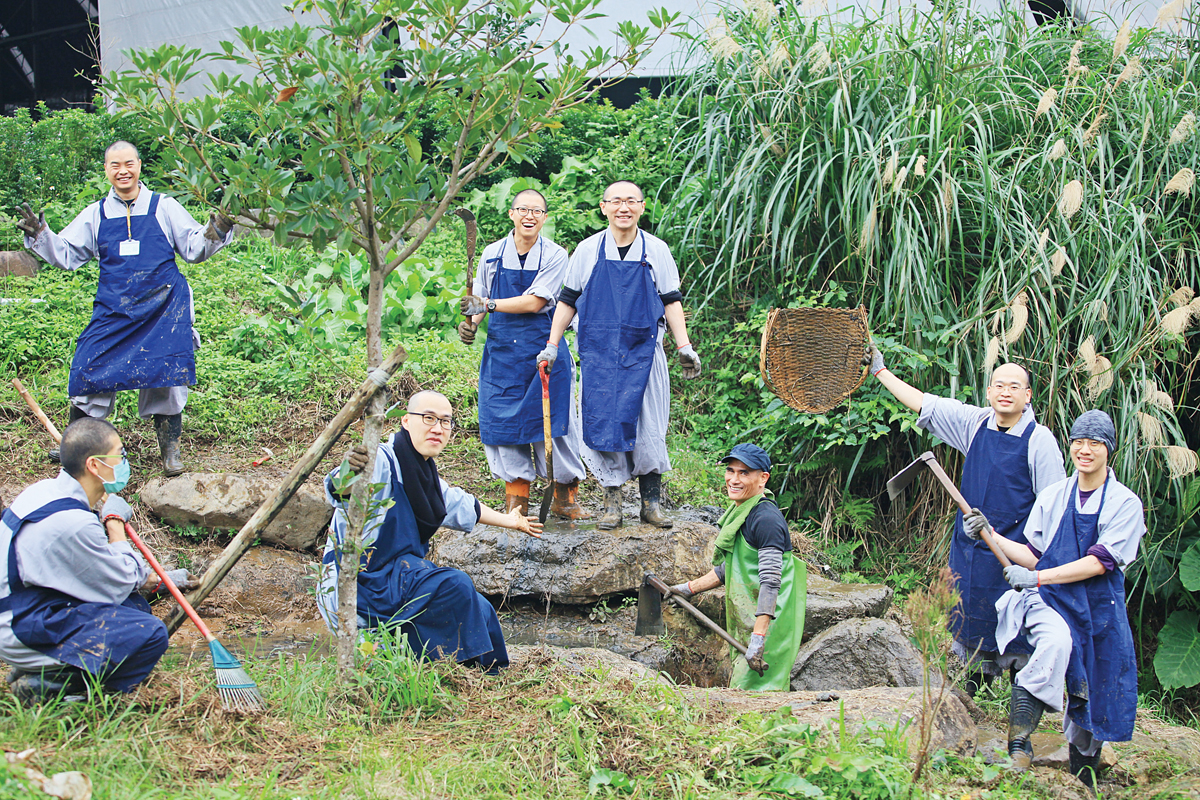
On Jan 19 -29, Dharma Drum Sangha University held the 16th Awakening Camp at Chan Hall of DDM World Center for Buddhist Education. More than 130 youth participants from the US, Spain, various countries of Southern-East Asia, Hong Kong, Macau, China, as well as Taiwan got together and had 11- day monkhood experiences, starting off a journey of “ the enlightened.”
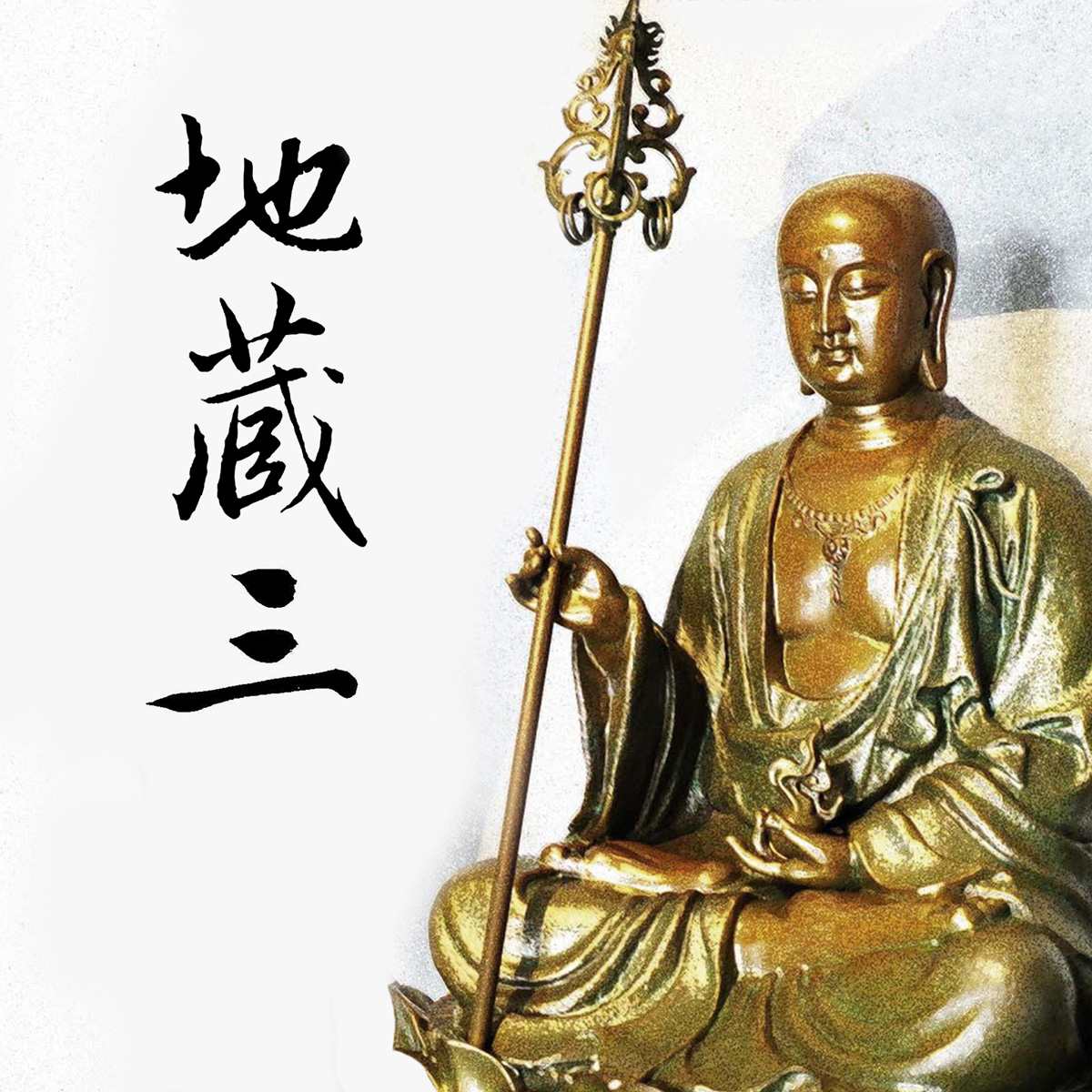
Each year during the Tomb-Sweeping Festival, with the guidance of equanimity and compassion, DDM branches across the world hold "Crossing Over Ritual for the Deceased" or "Intensive Buddha-Name Recitation Dharma Service" to carry out the four aspects of DDM’s vision - protecting the spiritual environment, purifying practitioners' body and mind.
The hope that their ancestors may depart from suffering and attain happiness and that their relatives and friends could enjoy good fortune and longevity are thus fulfilled with wondrous merit.
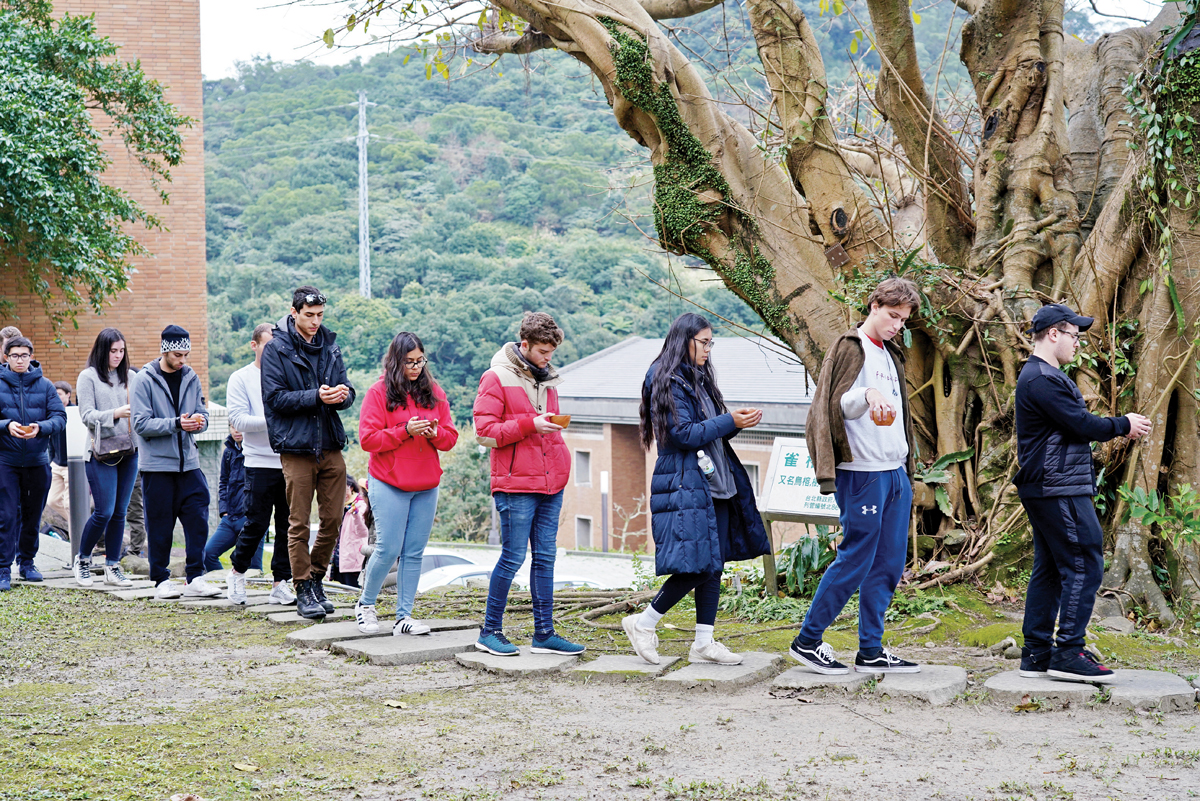
On Jan 27, 2019, Prof. Chan, Yuk Sim, Director of the Hong Kong Center of Syracuse University, led about 60 students from universities across America to visit Dharma Drum Mountain World Center for Buddhist Education for a glimpse of Buddhist architecture and statue craftsmanship. During their visit, they appreciated the cultural deposits of Chinese philosophy from a religious perspective, and by practicing exercises such as walking, eating, bowl-holding and sitting meditation,students sampled Chan mediation and felt the unity of body and mind.
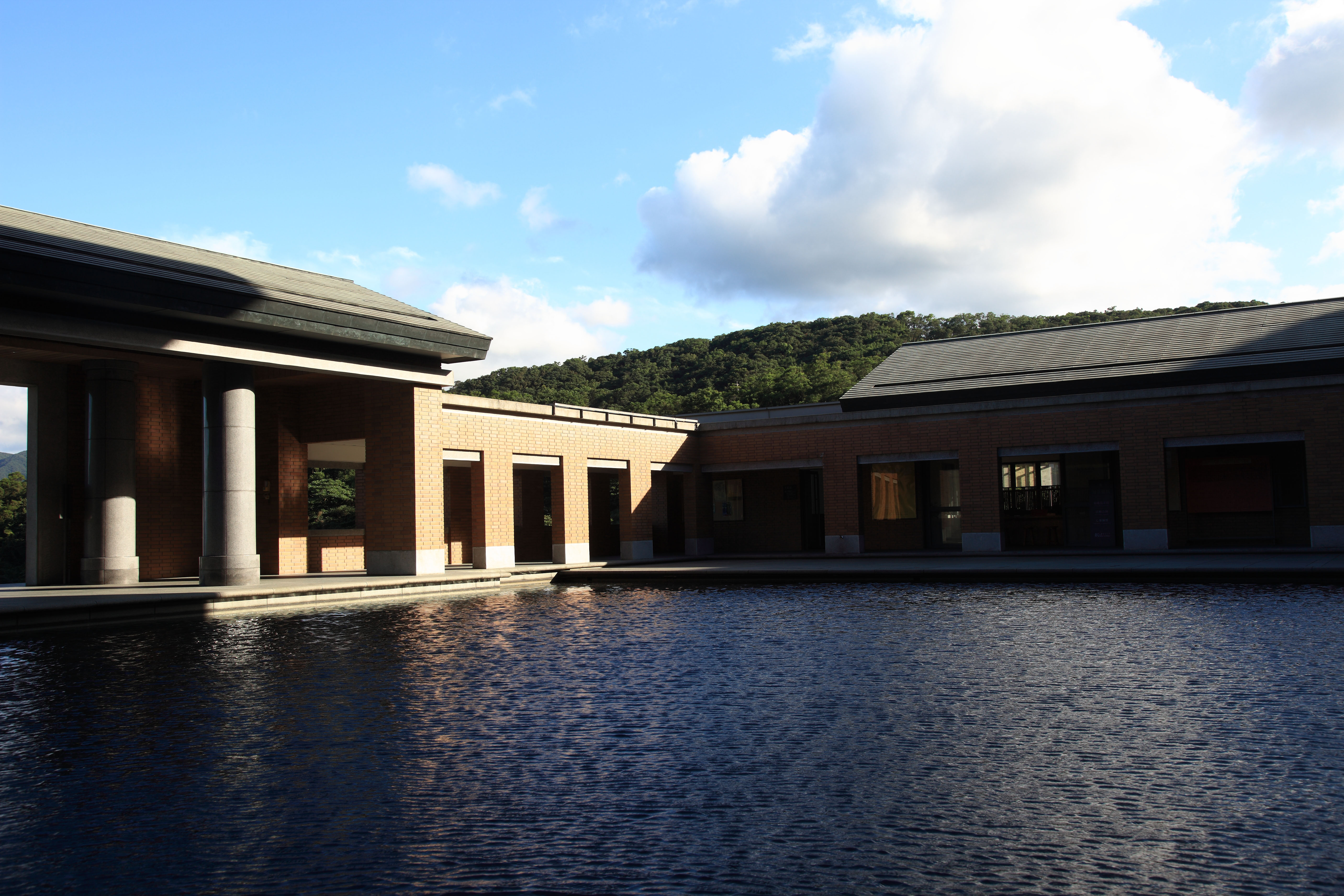
What are the advantages and disadvantages of practicing on one's own, with a group and with a master?
SHIH-FU:
Practice can occur in various settings: individual practice, group practice, short-term practice, long-term practice, daily practice, and intensive, periodic practice. Individual practice can be relaxed, periodically intensive, short-term or long-term; the same is true for group practice. One can also look at these forms of practice from the point of view of lay persons vs. home-leavers. I will try to address all of these situations.
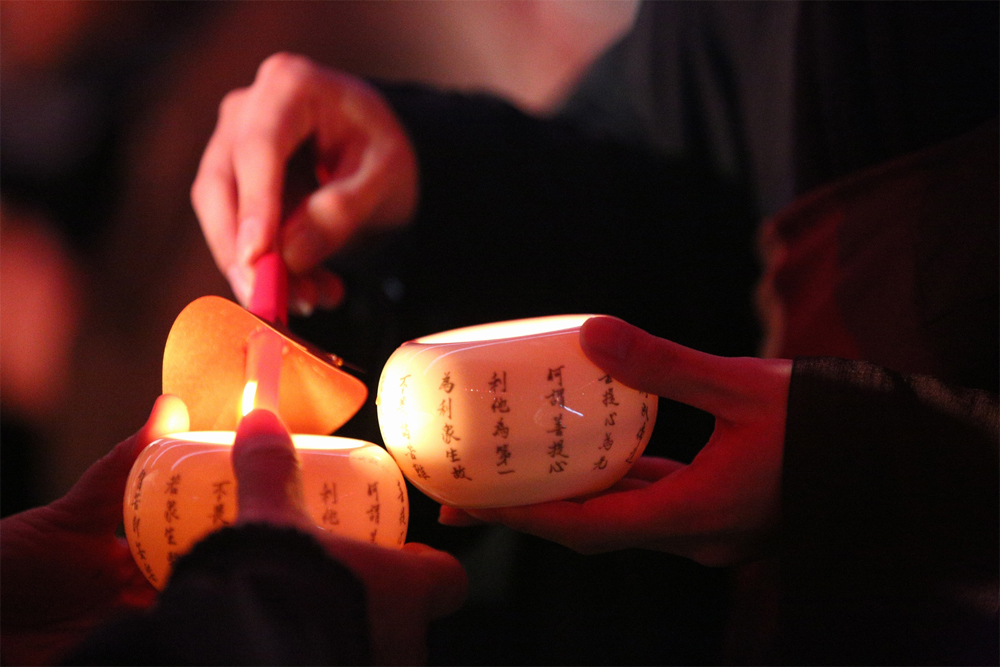
DDM followers pass on the lamp of the mind by renewing ones vows
To repay kindness of late Master Sheng Yen and aspire to carry on Master’s compassionate vows, followers of Dharma Drum Mountain (DDM) lighted up more than 10,000 bowl-lamps which symbolize the bodhi-minds emitting from DDM to the ten directions of the world with radiant warmth far and wide.
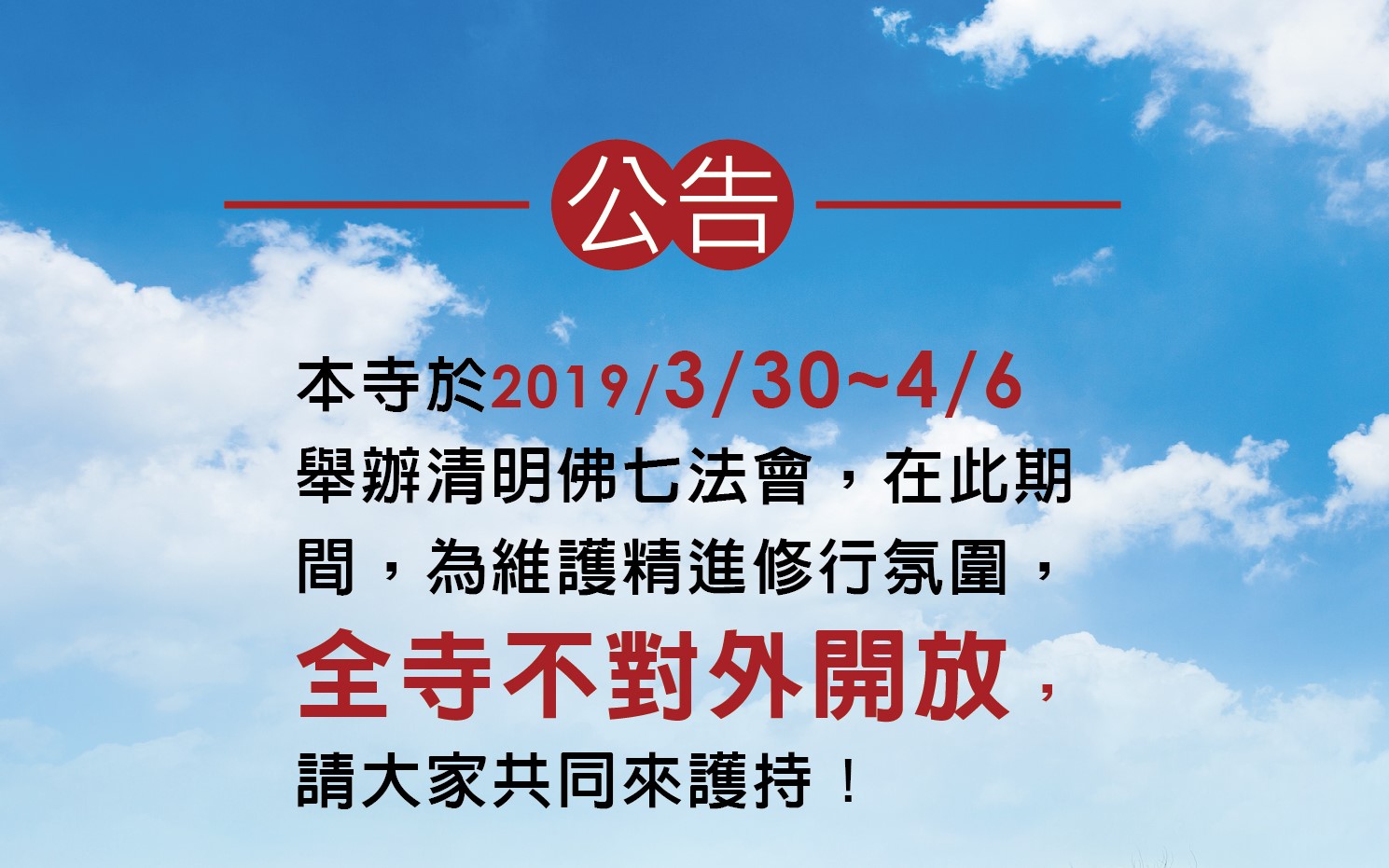
[Notice]
Nung Chan Monastery will not be open from March 30 to April 6 for 7-day Amitabha Buddha-Name Recitation Retreat.
For your kind reference, as Nung Chan Monastery is holding the 7-Day Amitabha Buddha-Name Recitation Retreat, from March 30 to April 6, 2019, the Campus will NOT be open to the general public within the above duration.

There is Nothing that Must Belong to You
Causes and conditions are outside of one’s control and depend on the time and the environment. Therefore, there is really nothing that must belong to you, and that must be done by you. When it is feasible to do something, give your best effort to do it, but if it can’t be done there is no need to be too disappointed or care too much about it.
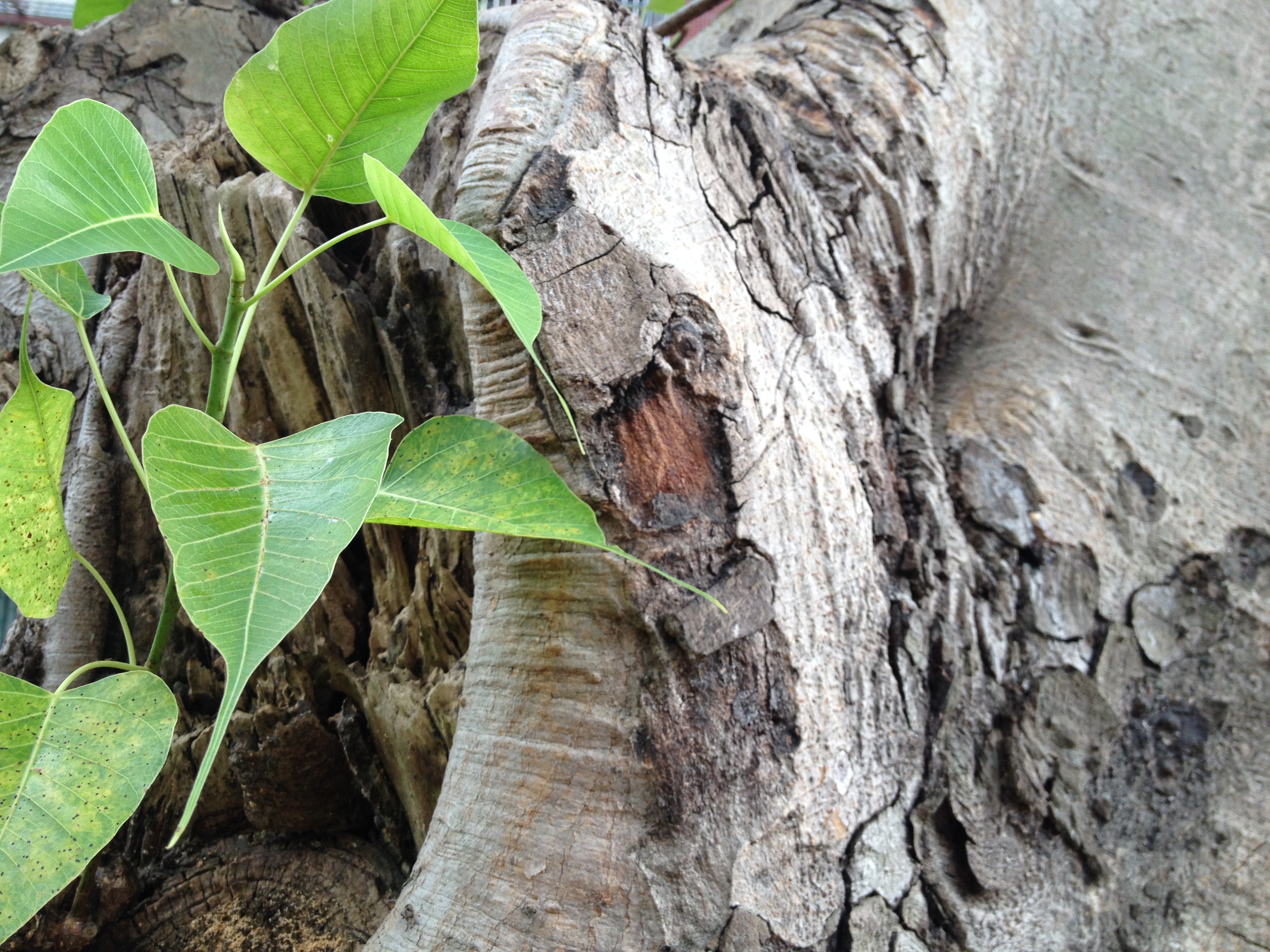
There is nothing that must be done
While Chan practitioners and non-practitioners share a common humanity, they have some fundamentally different attitudes. Something that appears to be of utmost importance to a non-practitioner may also be important to one who practices Chan, but not critical.
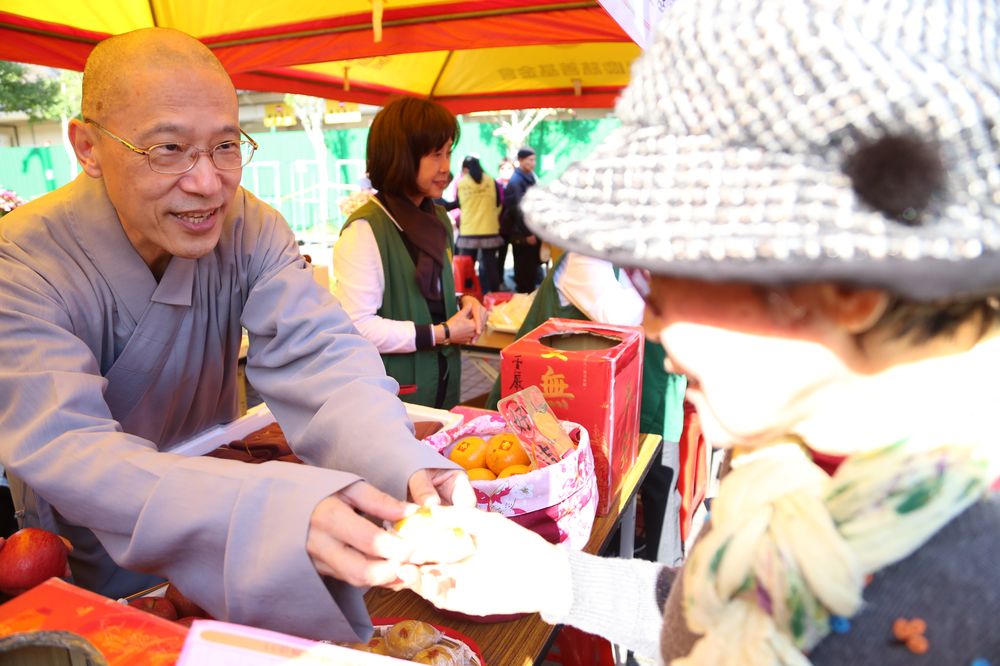
At the invitation of various social welfare organizations and the Public Service Department, Dharma Drum Mountain Social Welfare and Charity Foundation (DDMSWCF) again sponsored a booth at the Fair for Single Elders at the Taipei City Zoo at 10:00 AM on January 18. Venerable Guo Qi (果器法師), the Secretary-General of DDMSWCF, and Zhixiu Xin (辛智秀), a board member of DDMSWCF, led 14 volunteers from the Wenshan District to bring gifts which signified blessings for more than one thousand senior citizens and families of disabilities and low income. It was heart-warming to see the long line of people wishing each other well.
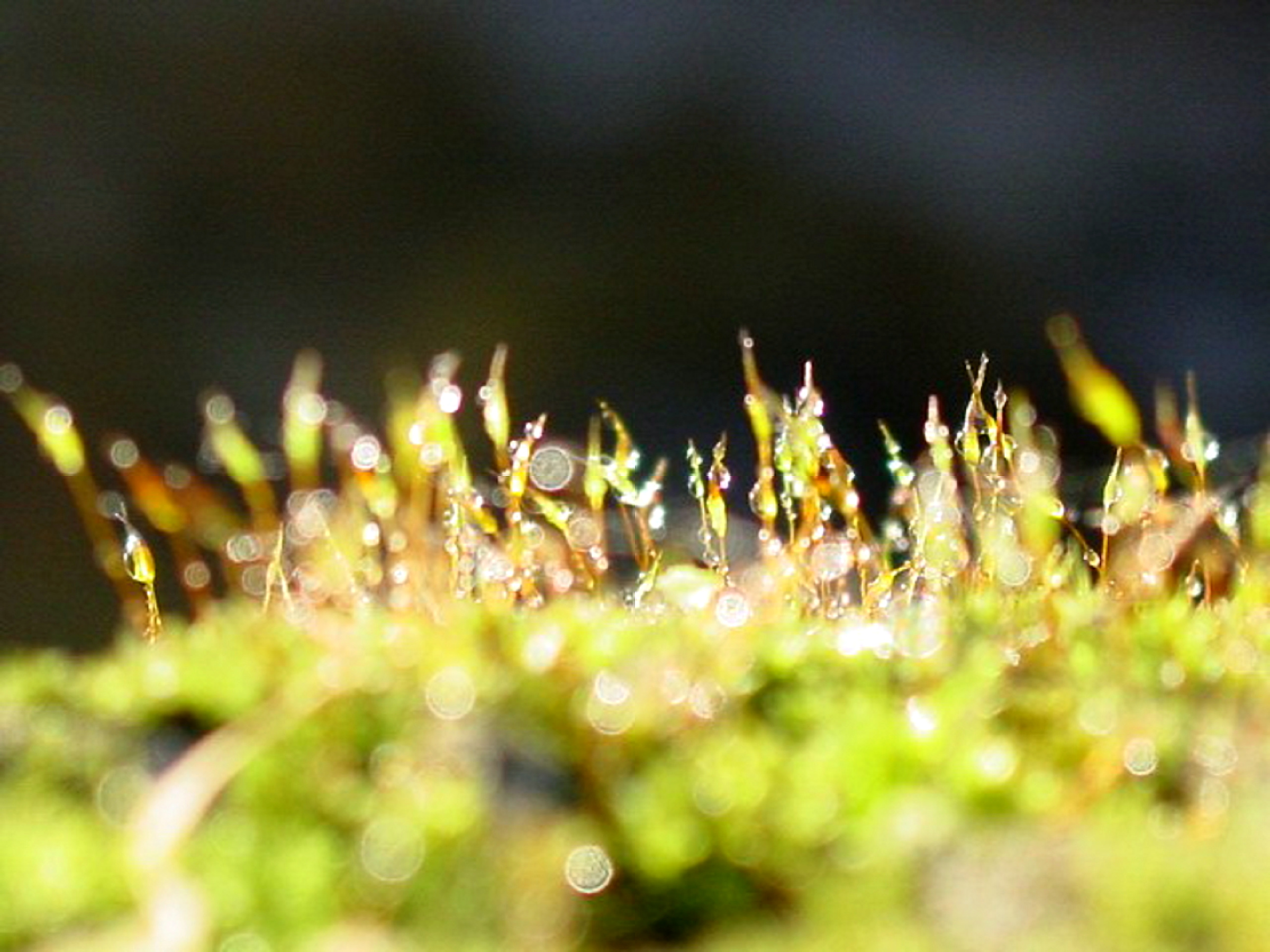
When Buddhism first appeared in India, there were no specific dietary customs and rules for practitioners. Since religious practices were prevalent in India, most people of faith must have followed generally similar dietary customs. In the early stage of Buddhism, bhikshus and bhikshunis obtained their food by walking door to door through the village, carrying an alms bowl. This manner of subsisting is described by the saying “an alms bowl for food from a thousand households.” To treat everyone equally and to seize opportunities to cultivate karmic relations, the monastics did not choose from whom to receive food; neither were there dietary taboos over whether the food was clean or unclean, sacred or not sacred.

PAGE :
1
2
3
4
5
6
7
8
9
10

|